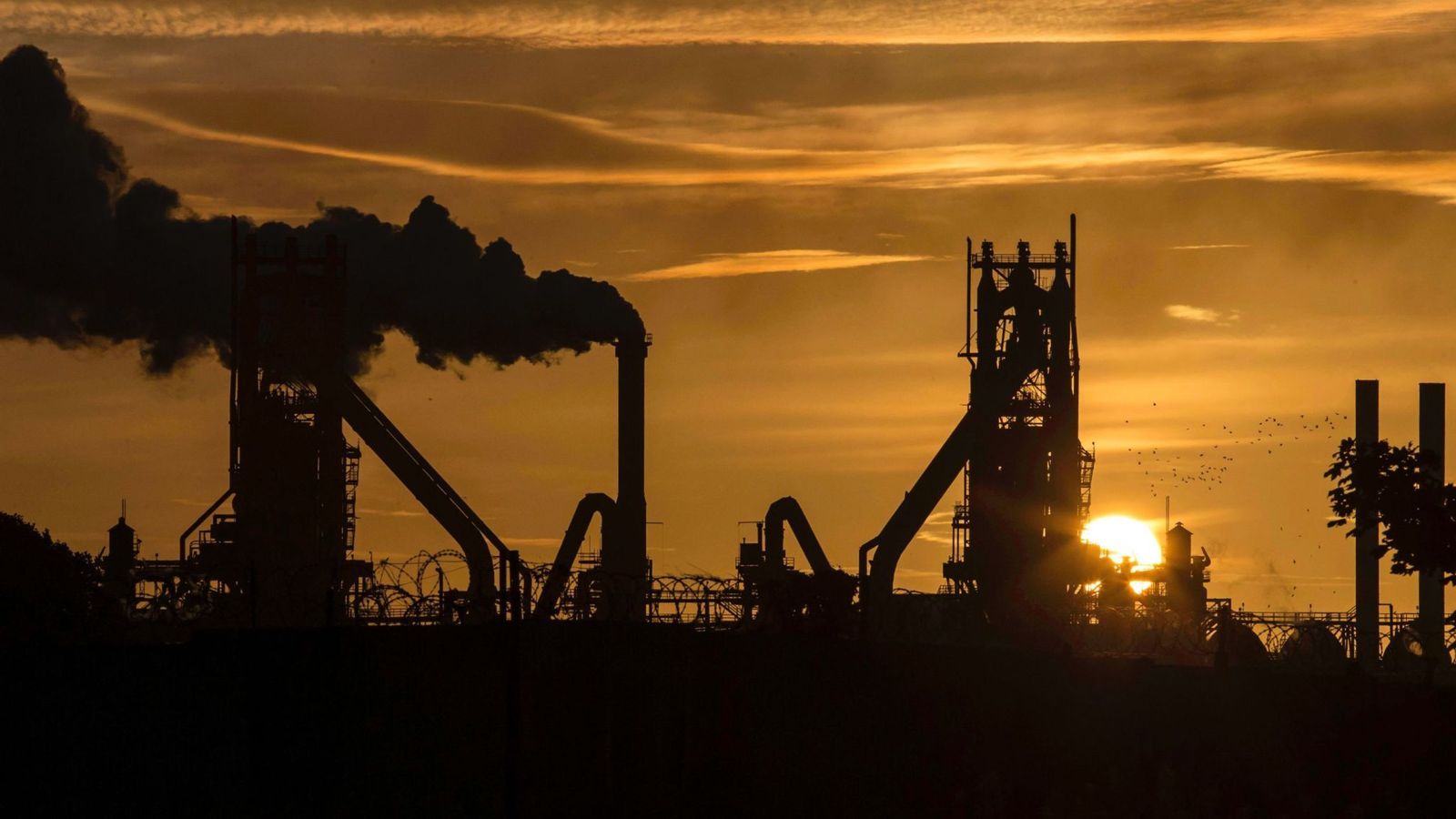The government should revoke a series of steel quotas on cheap imports despite warnings it will damage domestic producers, trade advisers have recommended.
The recommendation, described as a “hammer blow” by industry bodies, was made by the Trade Remedies Authority (TRA), an arms-length body charged with protecting UK industry from unfair competition.
It has advised secretary of state for international trade Liz Truss that so-called “safeguards” on nine out of 19 categories of steel should be removed.
The safeguards, first imposed in 2018 when the UK was part of the European Union, mean certain imports are subject to a 25% tariff once a given quota has been exceeded.
Ms Truss has until the end of the month to accept the recommendation or reject it, at which point all 19 safeguards will lapse.
Her decision is seen as an early test of the UK’s post-Brexit trade policy.
UK Steel director-general Gareth Stace said the decision was disastrous for domestic producers.
“The TRA’s recommendation to cut in half the UK’s steel safeguard measures is a hammer blow to the UK steel sector and to the many thousands it employs,” he said.
“The recommendation to remove huge elements of the protection steel manufacturers require against import surges is utter madness.
Please use Chrome browser for a more accessible video player
“On their first major test in a post-Brexit trading environment, the UK’s new system has failed our domestic steel sector.
“Within six months the UK’s regime has been proven ill-equipped to deal with the rapidly changing global trading environment.”
The TRA has recommended that protections for 10 of the 19 areas, covering more than 250 products, should be retained.
Liberty Steel, the troubled UK arm of Sanjeev Gupta’s GFG Alliance, successfully argued that tariff quotas for large welded steel tubes of the type used for wind turbine pylons, should continue to receive protection.
But safeguards for nine other product areas should be removed according to the TRA, which is bound by three criteria under World Trade Association rules.
According to the regulations safeguards can only be applied in the event that there has been a surge of imports in a given area; that the imports are causing “injury” to domestic industry; and that imposing safeguards will be in the UK’s economic interests.
Oliver Griffiths, chief executive of the TRA, said: “The Trade Remedies Authority has been set up by statute to provide impartial, data-driven economic assessments like this recommendation on steel safeguards.
“We have listened carefully to all interested parties throughout the review and we have made some important changes to our preliminary decision in light of new information provided over the past few weeks.”
Bill Esterson, Labour’s shadow international trade minister, said: “This is a deeply disappointing – if sadly unsurprising – recommendation from an organisation that is fundamentally flawed in its composition and its remit.”
He said the TRA had “simply not given sufficient weight to the implications of this verdict for steelworkers, their families, and the communities that rely on that industry”.






















